When I originally agreed to write about how to heal relationships, we were in the first week after the results of the 2016 Presidential election. President Obama was still in office, and President-Elect Trump had not yet been inaugurated. Tensions were still high. Clinton supporters were still in disbelief and disappointed. Trump supporters were celebrating and certain.
But at the time I was asked to write, there was no evidence to really justify any of the anxieties or any of the confidence coming from both sides. Things just “were.” In midst of coming off one of the most stressful elections in our lifetime, regardless of political opinion, the question of how to heal our divided relationships post-election arose.
It felt like one of—if not “the”—most divisive Presidential elections, and not just between the candidates.
It felt like the entire country had become one, big battleground. And, at the end of the fight, the map indicating the election results appeared to illustrate the bloodshed.
Nevertheless, being the eternal optimist and extensive rose-colored glasses collection owner that I am, I didn’t anticipate the challenges of finding words to encourage reconciliation and healing.
After all, it was “just” an election, right? No one was maimed by the results, right?
No detrimental results happened right away. It was entirely possible for all of those speaking “doom and gloom” to just be paranoid, right? The naysayers just needed to have an open mind and “give him a chance” … uh … right?
As I sat through, sorted, and composed my thoughts for this writing, I had the damnedest time trying to find the perfect pair of rose-colored glasses to offset my discordant personal angst, frustration, anger, and overall suspicion. The entire election process was traumatic and clutching a pair of invisible pearls isn’t enough when approximately 90,000 people were directly and immediately affected by policies—which were implemented within the first week of our 45th President being in office. But alas, this is not intended to be about policies or even about those who create them.
This is about perspective and how to heal relationships.
One important question I want to address is, “So, how do you relate to those friends, family members, co-workers, clients, or associates who have a very different perspective than you do?”
After all, there is a plethora of issues and opportunities to pick a “side”—reproductive choice, immigration, health care, climate change, LGBTQ rights, religion, freedom of press, and the list goes on. What happens when people you thought you knew well turned out to belong to the “other” camp (whatever “other” may mean for you)?
Remember the rose-colored glasses collection? Well, I also tend to have a go-to pair to weed out my inner-circle to mostly embrace those with whom I share my most significant core values. Eh … mostly. Now, I’m not so shallow as to only befriend people who share my perspective. How closed-minded would that be? But at the very least I like to know “who’s who” in my circle. I want to know what conversations I can have with whom, so I can anticipate and attempt to be prepared for possible tension.
Enter “The Upset.”
In an effort to venture out and meet people not already in my circle, I signed up for an online dating site. My natural optimism did not overshadow my skepticism, but I chose to move forward and meet a guy in person after a few conversations online and through text. I figured, “What the heck? It’s just dinner and we can weed each other out over appetizers.”
After some initial awkwardness and joking around about our music preferences, it didn’t take long to figure out that he was in the “other” camp. [Word to the wise: I don’t advise having political or religious conversations on a first date, but yeah … we wound up having both.] We were so far removed from each other’s perspectives, it eviscerated our common ground. When it came down to my deeply held values and beliefs, I didn’t feel “seen,” and there was absolutely no way our association was going to go any further.
A few weeks later, after a lively and animated conversation with a girlfriend of mine, I shared the fiasco with her. As I was sharing the details of the experience, I noticed that her demeanor quickly went from the previous robust laughter and being engaged to becoming particularly quiet. She mustered up a few nervous-sounding laughs at certain points in the story, and when I had expressed the last of my frustration she asked me questions which caught me off guard.
First, she asked me if I knew of couples who were “possibly” on different sides of the aisles with the election and how they might be living with their differences? Not necessarily a cause for concern (despite my “side eye” being activated) because we were only talking about a dating scenario, right? I proceeded to tell her that I didn’t care what other couples were doing.
All I knew is that I wasn’t willing to consider being intimately connected with someone who neither shared or empathized with my core values. It didn’t matter to me that we could share a surface laugh or a faint love for music.
Then, she asked about family members and friends who might have had differing opinions about the candidates and their platforms, and how they were managing those relationships. And that is when I slowed down a bit.
Could it be? Nah …
Was she REALLY? No …
I listened a bit more and suddenly, I was nervous too.
I have been friends with this woman for more than 20 years and consider her a sister.
As sisters, we’ve had our share of healthy debates and have laughed about our different viewpoints. Not once had I ever felt “threatened” by any conversation or disagreement with her. Sure, we held different positions but it was always simple to overlook and remain in community with each other. But, as I listened to her cautiously bring up scenarios and submit them to me as alternate perspectives, I found myself feeling “some kind of way”—you know, that unfamiliar “feeling” where you don’t quite know what it is, but you know you’re unsettled by it.
How could I not have known that we were so different in our perspectives?
Had I been that clueless about what mattered to her, and her to me?
Did I really know her?
What else weren’t we “getting” about each other if we were just now seeing these gaping holes in our understanding of each other, after 20 plus years of sister-friendship?
I’d be lying if I said it didn’t shake my insides a bit.
And since this conversation happened in real life with a close friend and not on social media, I wasn’t willing to “unfriend” her because my perception of her perspective was unsettling to me.
So, amid my confusion, I tried to quiet my internal panic alarms as she shared the perspectives that put her in the “other” camp.
As she shared, I kept trying to listen for clues of the trauma point that caused her to even consider perspectives that, to me, were obviously harmful, but the more I listened to her, the more I reluctantly realized that I shared some of the reasoning behind her support for some of those perspectives.
Conversely, as she listened to my perspectives, she could understand the passion behind my position as well. Where we diverged was in the “bitter” we were willing to accept that would have to come with the “sweet” alignment of core values with platforms expressed by our respective candidates.
For example, one of us would be willing to accept the perceived slyness in our candidate of choice if it meant that ‘X’ was the payoff … whereas, for the other person, slyness was an absolute deal breaker.
So, no matter what the payoff was, that candidate wasn’t getting that person’s vote.
Our sisterhood was and is still valid, but suddenly, we were standing across from each other rather than standing beside each other. And if I’m being honest…it was actually heartbreaking.
As much as I wanted to “make her see” why my vote was the “best” one, I knew it was a moot point. Because her passion about why she voted the way she did was just as strong as mine for why I voted how I did. Neither of us was “right” or “wrong,” regardless of how we felt. We loved each other already and had supported, encouraged, and been pillars for each other in life – through marriage, divorce, children, death, family frustrations, poor choices, religious evolution, and the like
It was too late to be closed-minded now.
So, we listened. We didn’t listen for the pause to jump in and defend our argument (at least not every time), but instead we listened to understand each other. It is my understanding that no one is “all” of anything, and there are both redeeming and condemning qualities in everyone, no matter how much of an ass or a saint we may think they are.
We are complex, multi-layered, and dynamic beings.
We are human.
And all it takes for our perspective to become vastly different from what it is, is a single experience. The Universe is funny like that. Just as soon as I thought I had a standard profile of supporters of “that candidate,” one wound up being right in my circle and made me examine my judgments.
Hands Up, Don’t Shoot: The Remix
Many of us are familiar with the phrase “Hands Up, Don’t Shoot” because of the surge of publicity surrounding the killing of unarmed, Black men at the hands of armed, law enforcement officers. But I want to re-purpose the phrase here to illustrate how we can bridge the divides that may exist in our associations following the 2016 Presidential election.
Hands Up
When a person has their hands up, they are signifying to the person they are encountering that they are unarmed. The implication is that they are “safe,” or at least in a vulnerable position of surrender. With hands raised, not only are they unarmed themselves, but they are not in the position to cause harm.
With hands up, they are the most open and receptive they can be.
In this space of surrender, openness, and vulnerability we relinquish our weapons of judgment, prejudice, and indictment. It becomes imperative to observe, listen, and refrain from sudden movement, lest we cause the person with whom we’re interacting to run away or fire their own weapon(s) in an effort to defend themselves.
Don’t Shoot
“Don’t shoot” acknowledges that there are weapons drawn, and is a plea to withhold fire. The phrase recognizes the volatility of the situation, as well as the tendency to want to defend oneself against a perceived threat, and acknowledges the danger that exists within the energy—which is usually fear—of that encounter.
In this space, the person in the position of power must also observe and listen to avoid causing irreparable damage. Despite heightened senses and the temptation to shoot first and ask (or answer) questions later the “gun(wo)man” must exercise self-restraint as well as faith in whatever protective gear they may have amid the uncertainty of the encounter.
As we encounter and engage with people who may hold perspectives that are vastly different from our own, the principle of “Hands up, Don’t Shoot” can serve all parties involved. By pausing to consider that maybe—just “maybe”—we don’t have all the answers, and inviting at least a discourse free of suspicion, we could find that we share more than we don’t.
Now, does this mean I’m going to go find the guy from the aforementioned date? Don’t hold your breath on that one. But it does mean that the encounter with my sister-friend laid the foundation to possibly have a better encounter with the next person of an opposing perspective going forward. And, quite honesty, at this point that’s about the best that one can ask for these days.
A little openness paves the way for a little more understanding, and that understanding can carry us a long way.
Read more on beyondbelief.online about learning new perspectives and finding our commonality among our humanity.

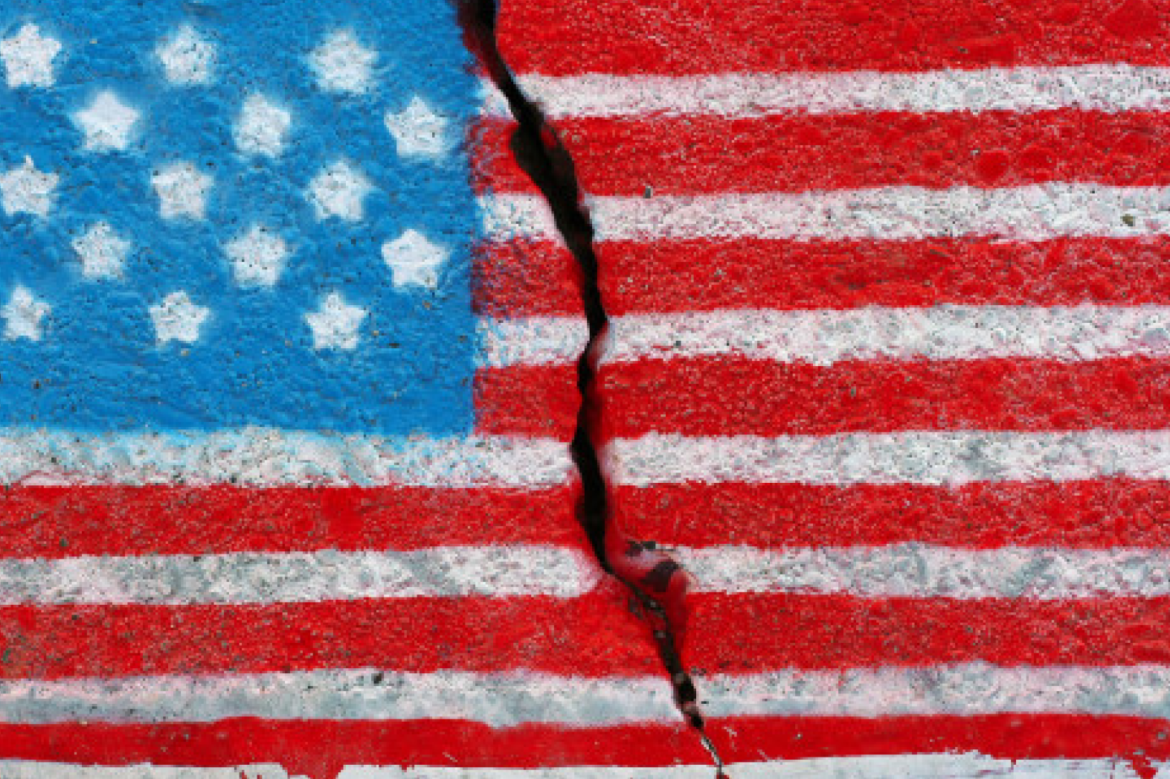
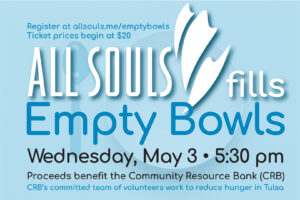
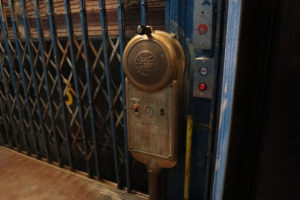
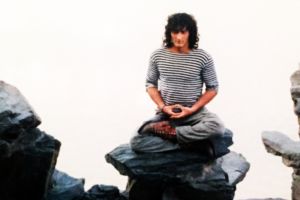

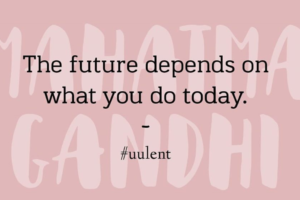
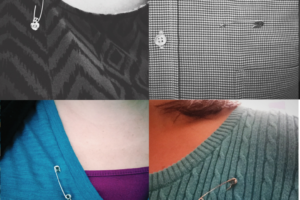
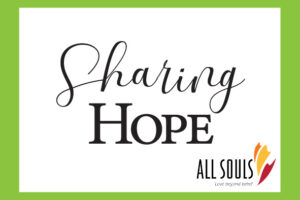

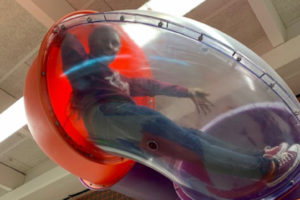
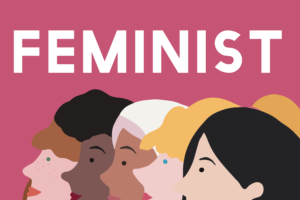
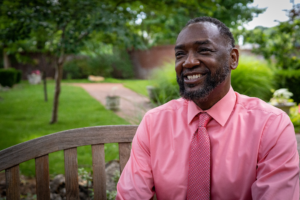

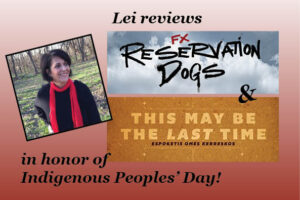
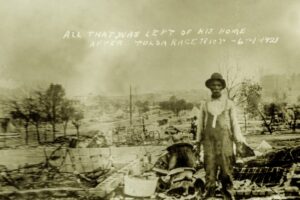


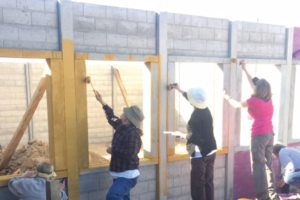

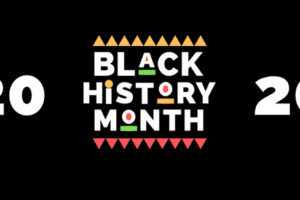
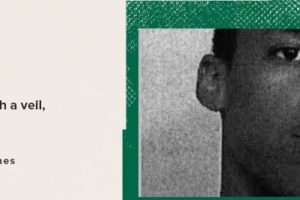

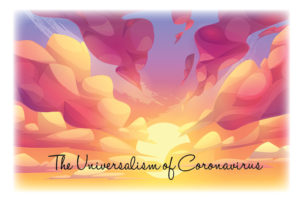
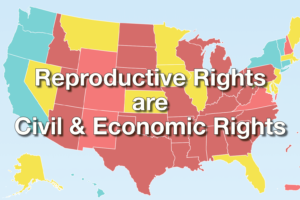
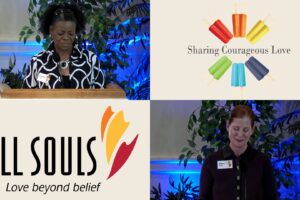
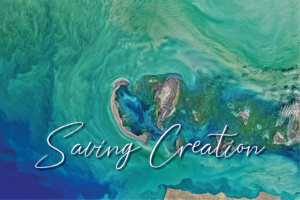
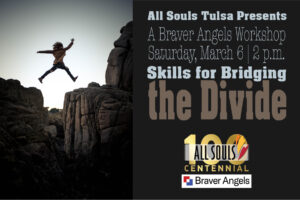
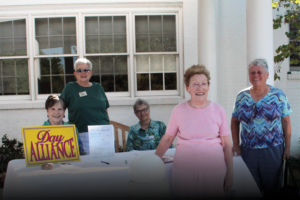



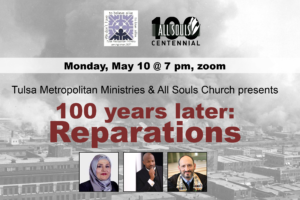
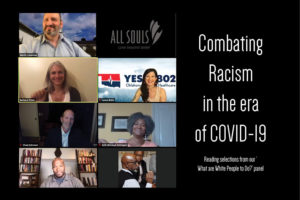

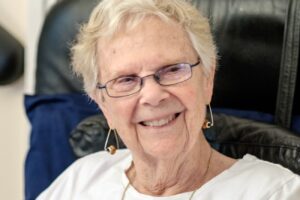
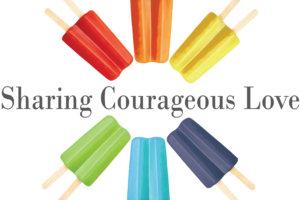


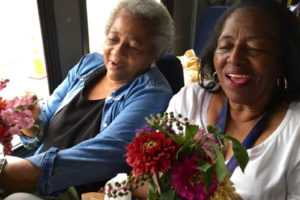

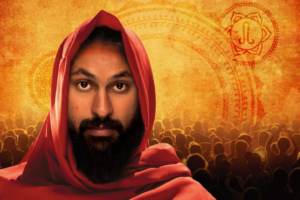

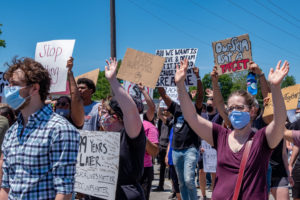
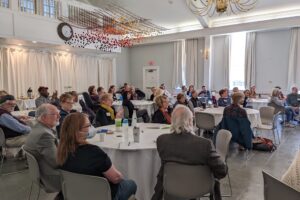

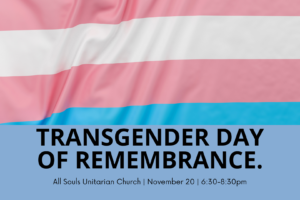
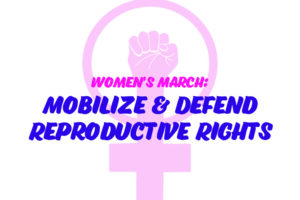
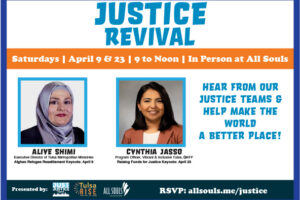
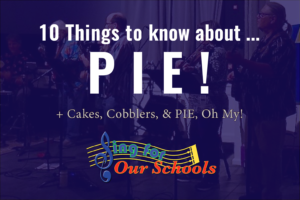
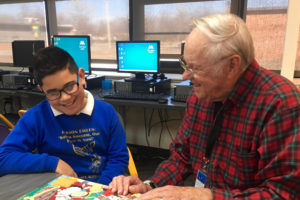
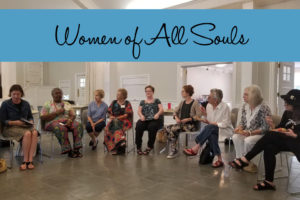
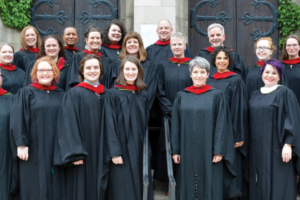

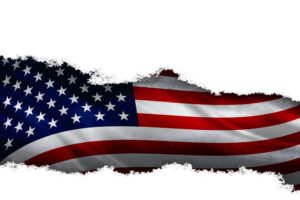

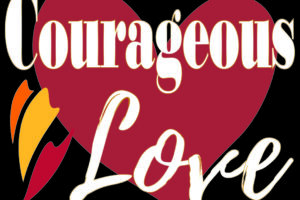
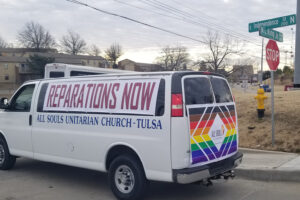
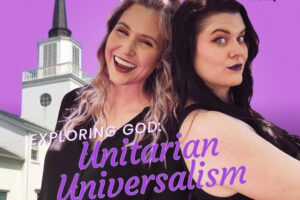
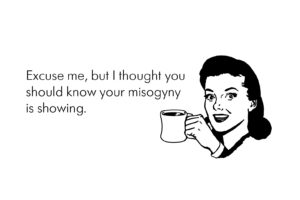
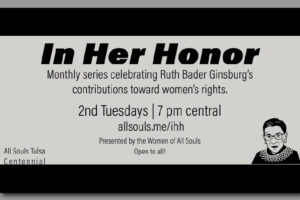



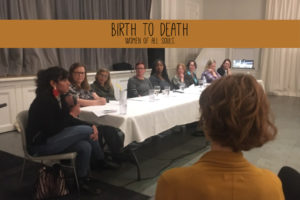
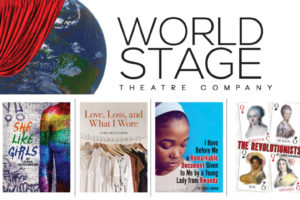
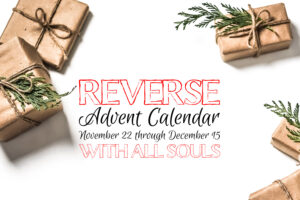
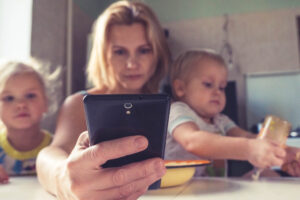
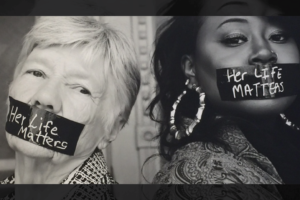
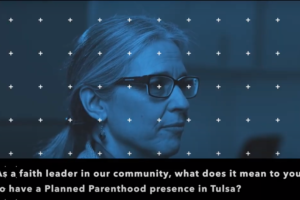
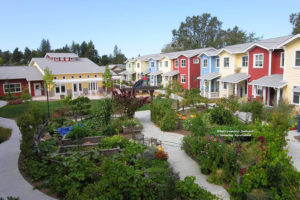

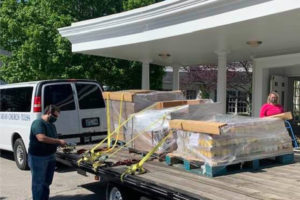
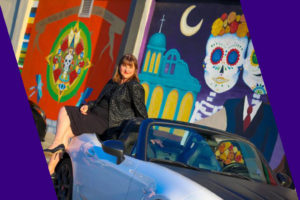

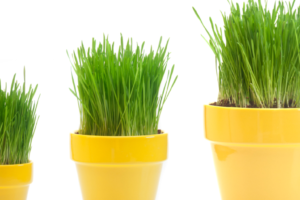
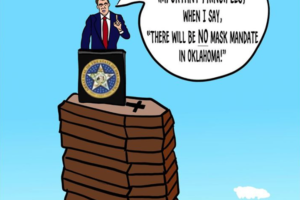

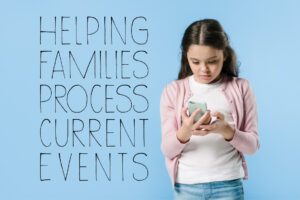
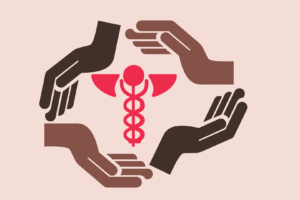
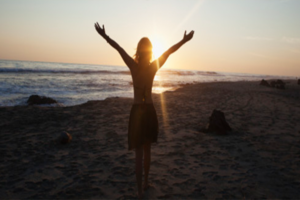
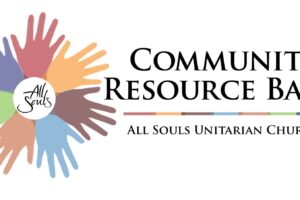

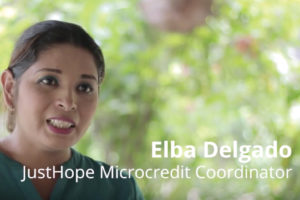
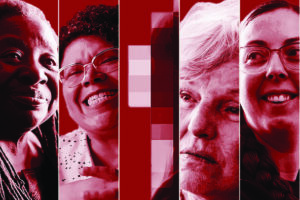
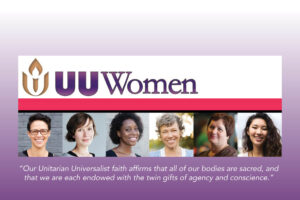

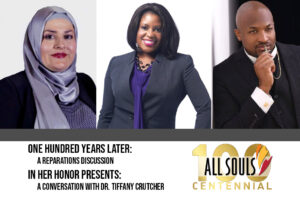
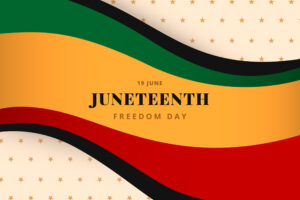



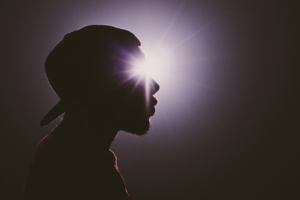
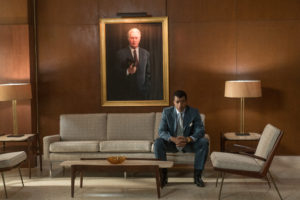
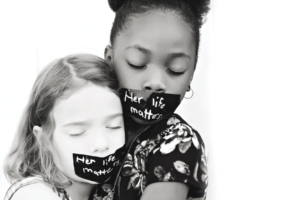


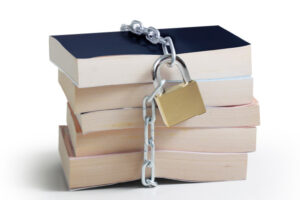

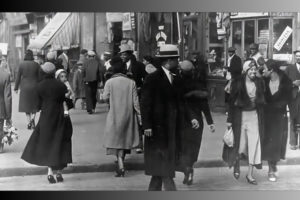
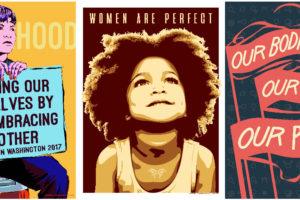



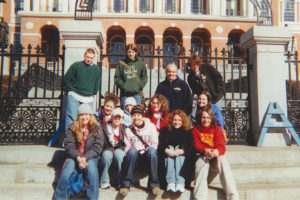
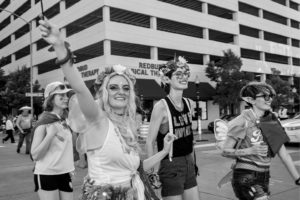
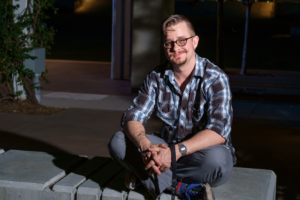
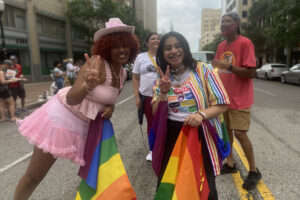
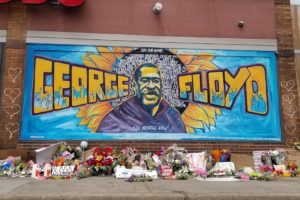



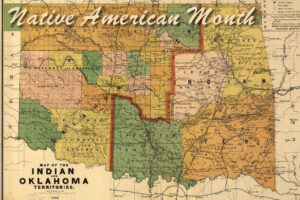
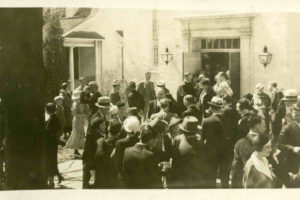
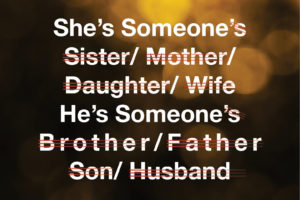
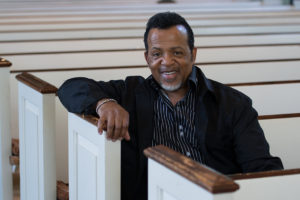


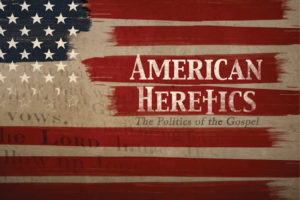
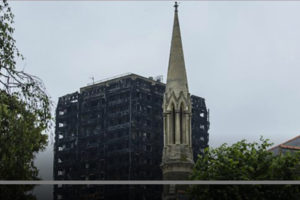
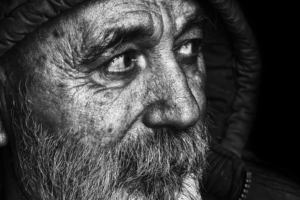
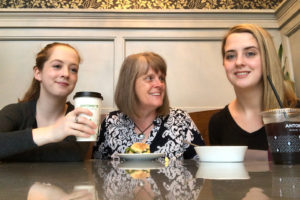
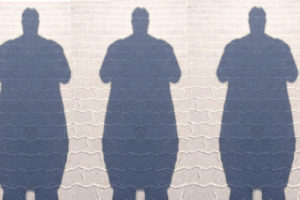
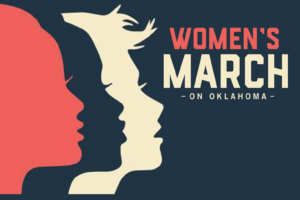
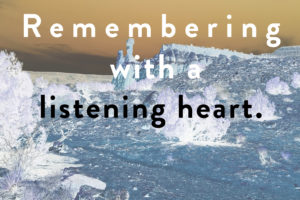



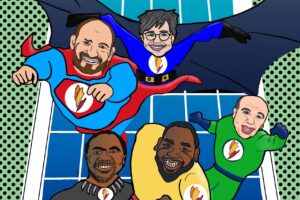

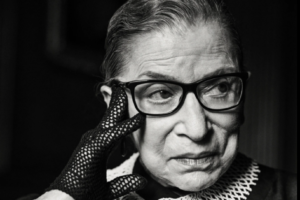
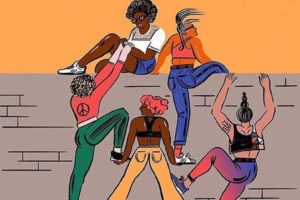

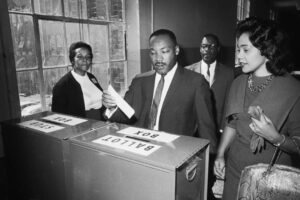
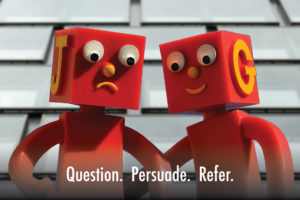

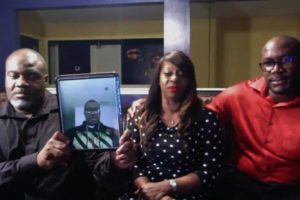
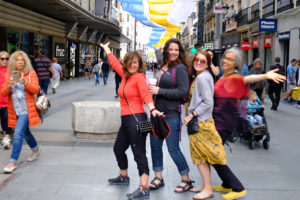


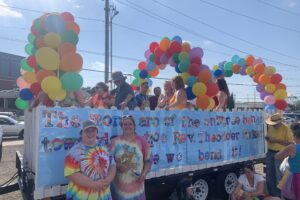


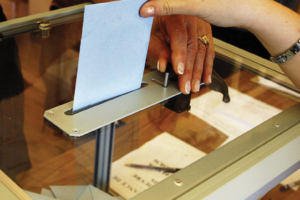
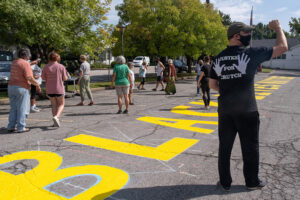

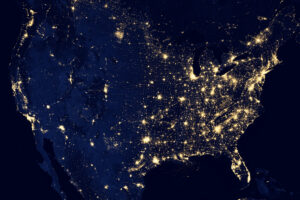

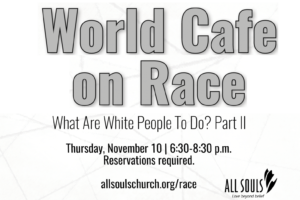

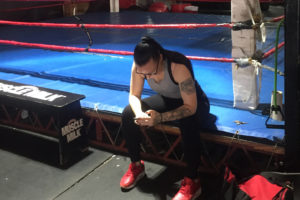


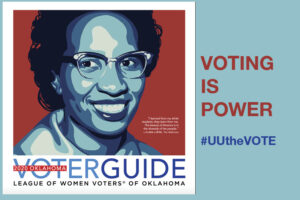
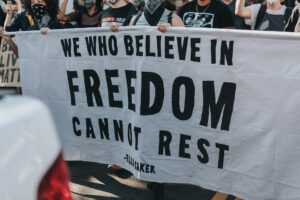

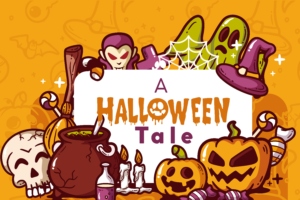

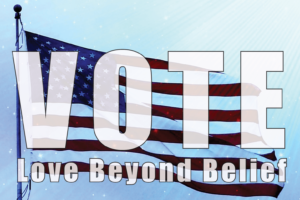

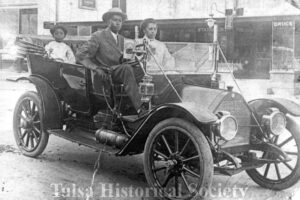
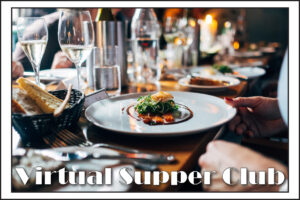
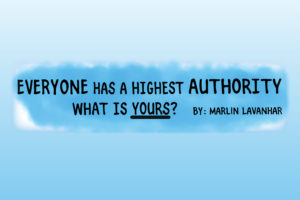

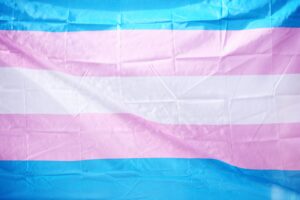
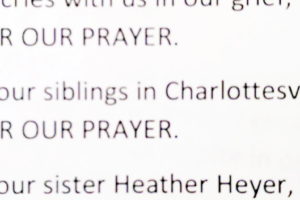
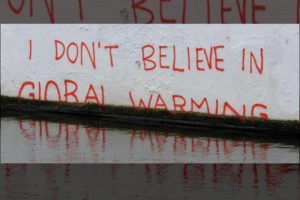
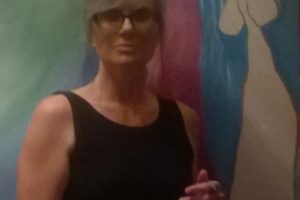
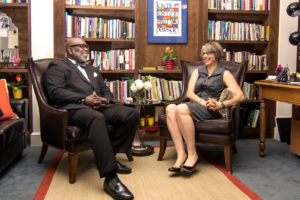
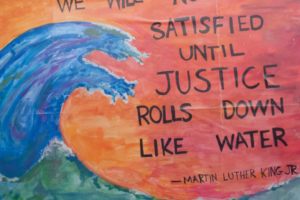
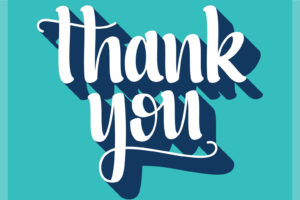

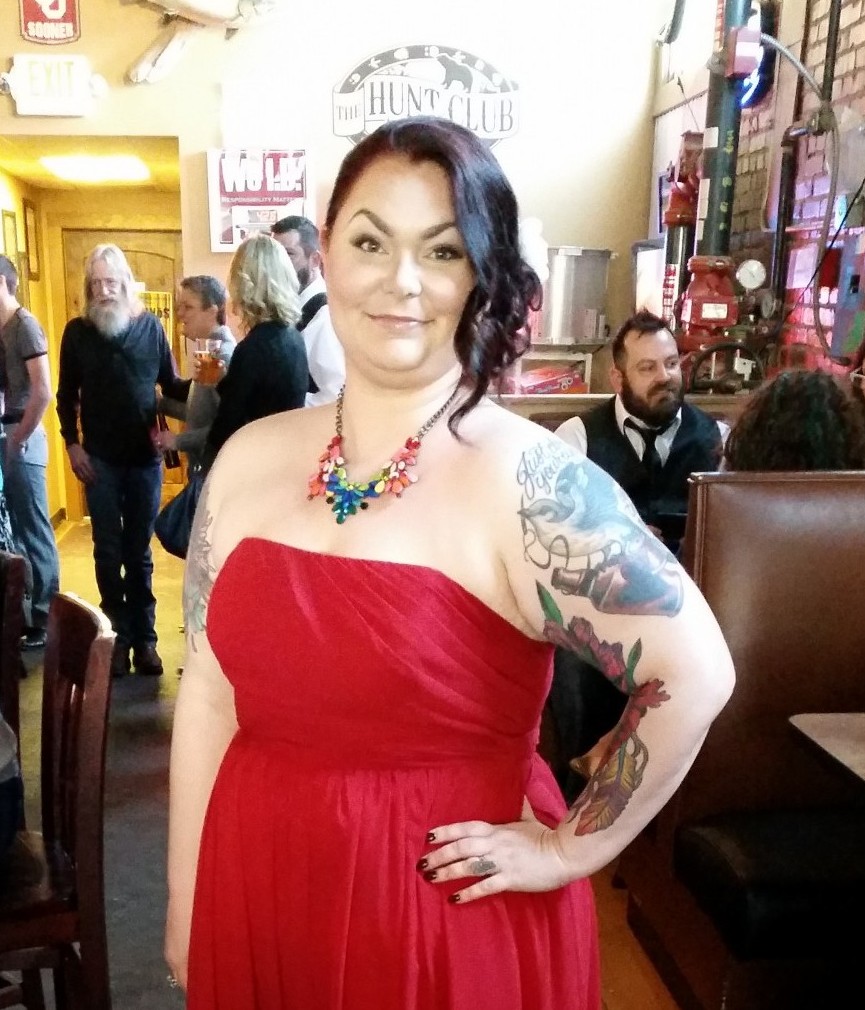

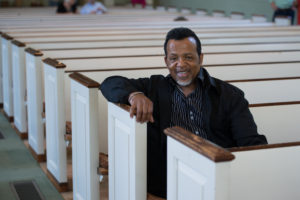
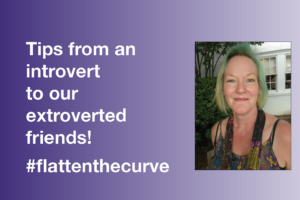
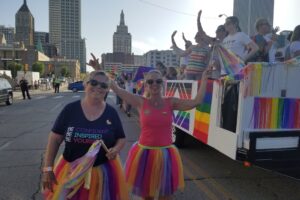
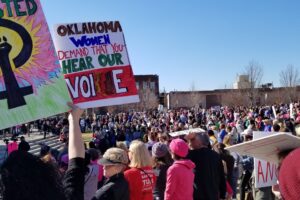
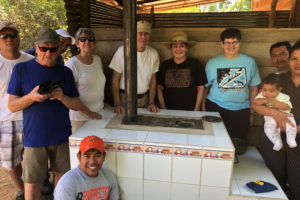

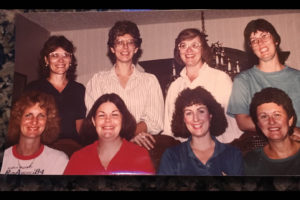
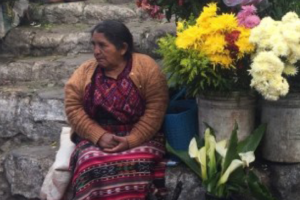
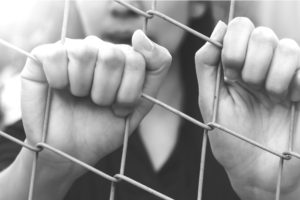
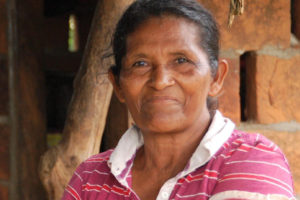
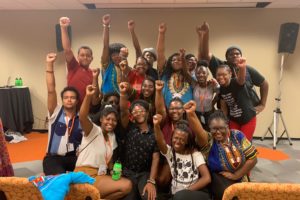
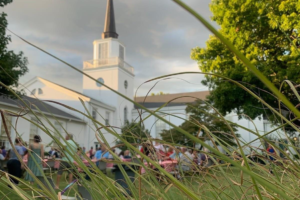
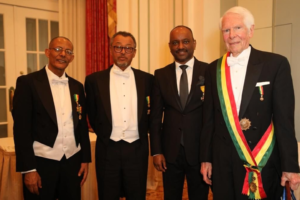

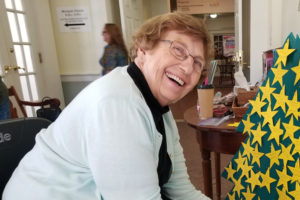
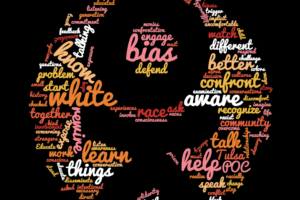
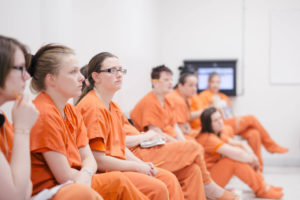

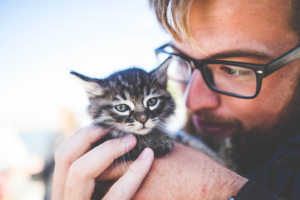
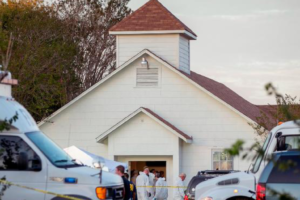


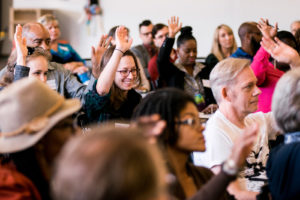


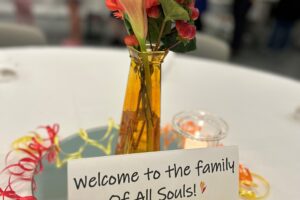
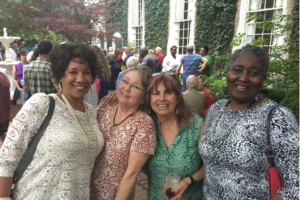
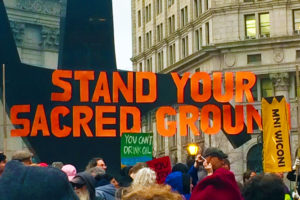
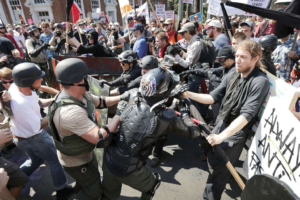
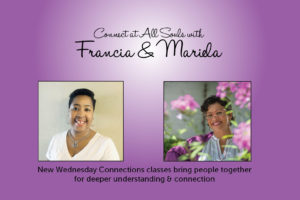


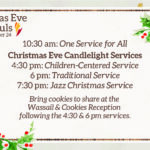
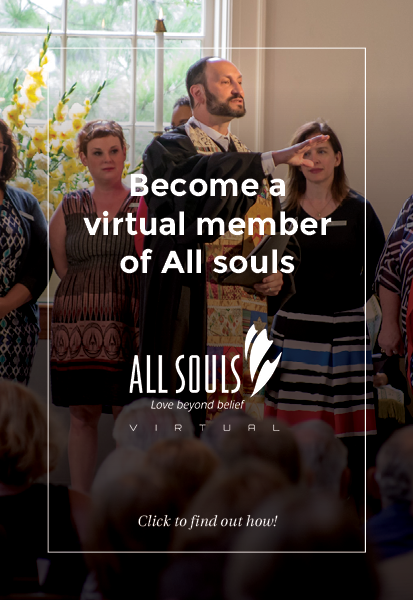

1 Comments
[…] Dionne Lambert sings at All Souls in the New Dimensions Chorale and shares her ministry of song and performance throughout Tulsa. Dionne’s passion for truthful living and ongoing social, emotional, and spiritual evolution are what bring her to World Stage Theatre Company, where she’s excited about facilitating the promotion of little-known – but desperately needed – stories that shine light and give a platform to perspectives that may differ from the “norm”…because none of us have a corner market on “Truth”. […]